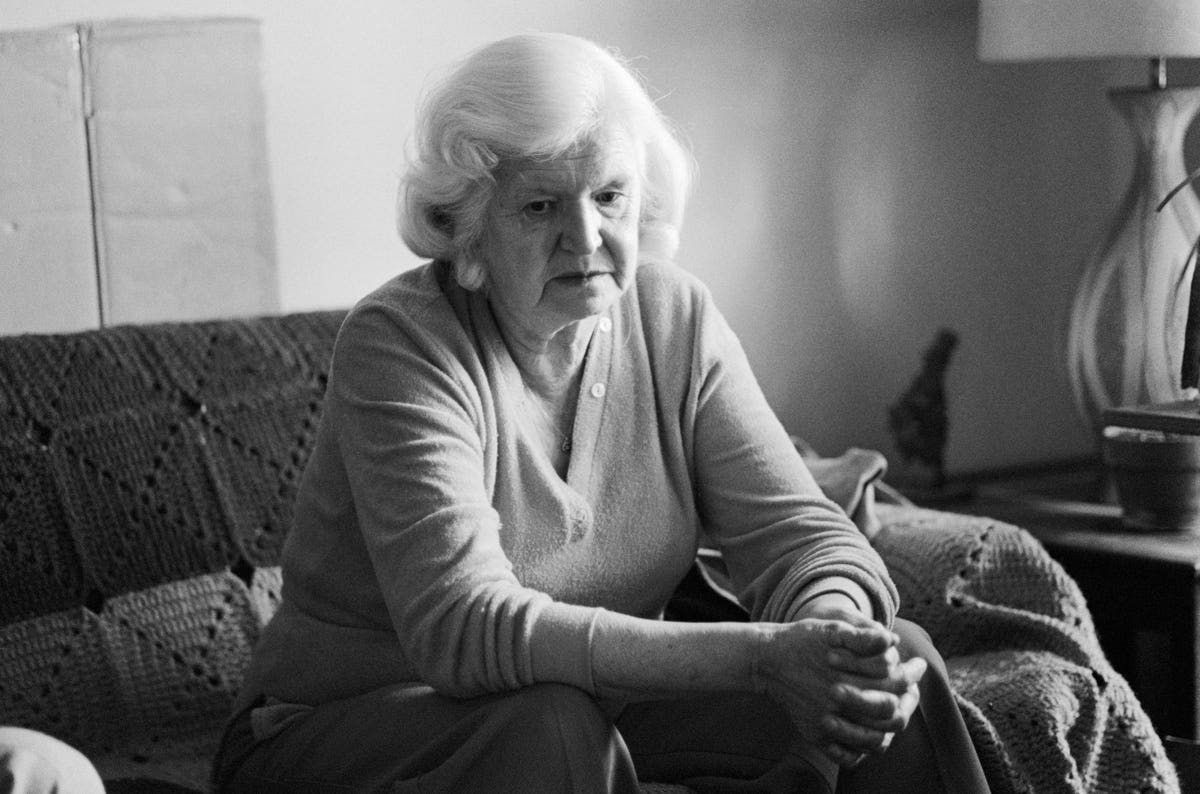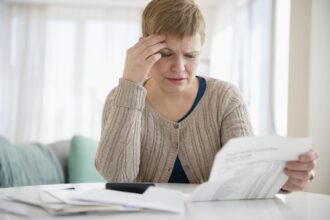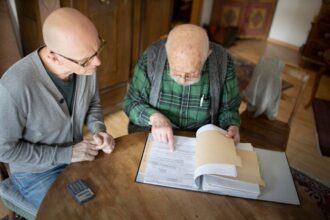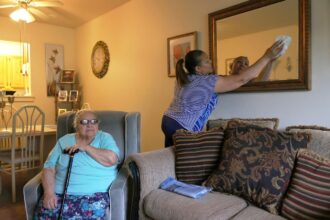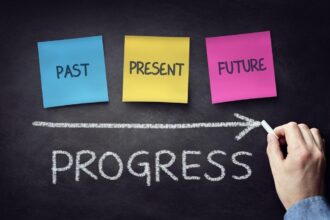Millions of widowed, divorced or otherwise single adults live alone. With the changes of aging, new dangers emerge. Frailty, cognitive decline, and failing health set them up for serious situations and trips to the hospital. We consult about what to do here at AgingParents.com. Some of the issues friends, neighbors and distant family members bring up to us are these:
The older person is
- Forgetting the basics-food, hygiene, and managing the tasks of daily life.
- Having frequent falls, with paramedics being called.
- Forgetting to pay bills and having direct consequences, such as utilities being cut off, insurance being cancelled and collection agencies after them.
- Failing to do essential repairs, such as with plumbing, electricity, appliances, and living with things nonfunctional.
- Failing to take prescribed medications and suffering the effects of losing control over heatlh conditions.
A Real Case
These issues were illustrated by Maisey, age 90, who, lived by herself, had no kids and only one nephew living an hour away. Maisey knocked on her neighbor’s door one night, asking for help. She had accidentally cut her hand and was bleeding profusely. The neighbor called paramedics. They took her to to the emergency department and stitched her up, then sent her home. This scenarios of getting into a desperate situation and coming to neighbors was repeated numerous times. Multiple ambulance rides changed nothing in Maisey’s mind. She was a mess and so was her house.
The neighbor had contacted Maisey’s nephew, Darren, repeatedly. Darren kept trying to get Maisey to accept help at home. She adamantly refused. Self-neglect was obvious but he didn’t know what to do in the face of her unwillingness to let him help. He didn’t understand his options.
Protection The Law Can Provide
Darren was Maisey’s appointed power of attorney. In the face of his aunt’s self-neglect, and resistance, he should have gotten legal advice. The law does offer the possiblity of guardianship when someone is gravely disabled and a danger to herself. Unless Darren wanted to learn that Maisey had one too many falls or accidents, or life threatening matters, and expired from self-neglect, he needed to take immediate action to protect her.
The Guardianship Option
Using the law to protect a vulnerable elder who can’t or won’t take action is possible.
Cons: Guardianship (called conservatorship in CA) does remove a person’s right to make decisions. The guardian has near total control over a person’s life. One must go to court and prove why it is absolutely necessary, and this legal effort costs money. The courts do monitor guardianships and require reporting. The responsibility over another person can be a burden for the guardian. Unfortunately, guardianships do get abused and for solo aging persons, there is no one watching the guardian every day.
Pros: When a person like Maisey is a serious danger to herself and can’t make a reasonable decision about her own essential safety needs, it is better for a guardian to make that decision. Perhaps it is better for Maisey to live in a seniors’ community where supervision is available. Maybe a guardian would hire home care to help Maisey with her daily activities, such as bathing, cooking, shopping, cleaning, and reminding her to take her medications. A guardian can keep a vulnerable elder safe at home or in a different environment.
The Takeaways:
Maisey might be just like your aging parent who lives far away from you. Or she might be your neighbor or someone nearby with very little family or no family. When you see any of the five items listed above, you can take action. If the elder keeps getting into trouble, it’s a red flag that can mean dangerous self-neglect. Each individual does have the right to make one’s own decisions. But there is a point where the law is designed to keep vulnerable people from dying as a result of impaired decision-making and self-neglect. Yes, it takes a village. Perhaps you are part of it.
Read the full article here


